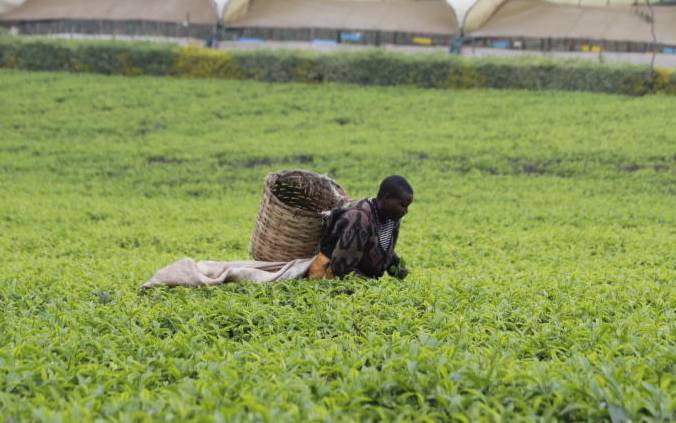×
The Standard e-Paper
Stay Informed, Even Offline

Workers of Kiiru Tea Plantation in Limuru pluck tea leaves in the farm. Kenya is a tea grower and exports the same to European Countries. The value of Kenyan tea exports fell Sh10 billion in the first quarter of the year on account of depressed prices that affected earnings. [Phillip Orwa, Standard]
Kenya's tea industry is increasingly facing uncertainty owing to a mix of factors, most of which are not within the control of the sector or the country.